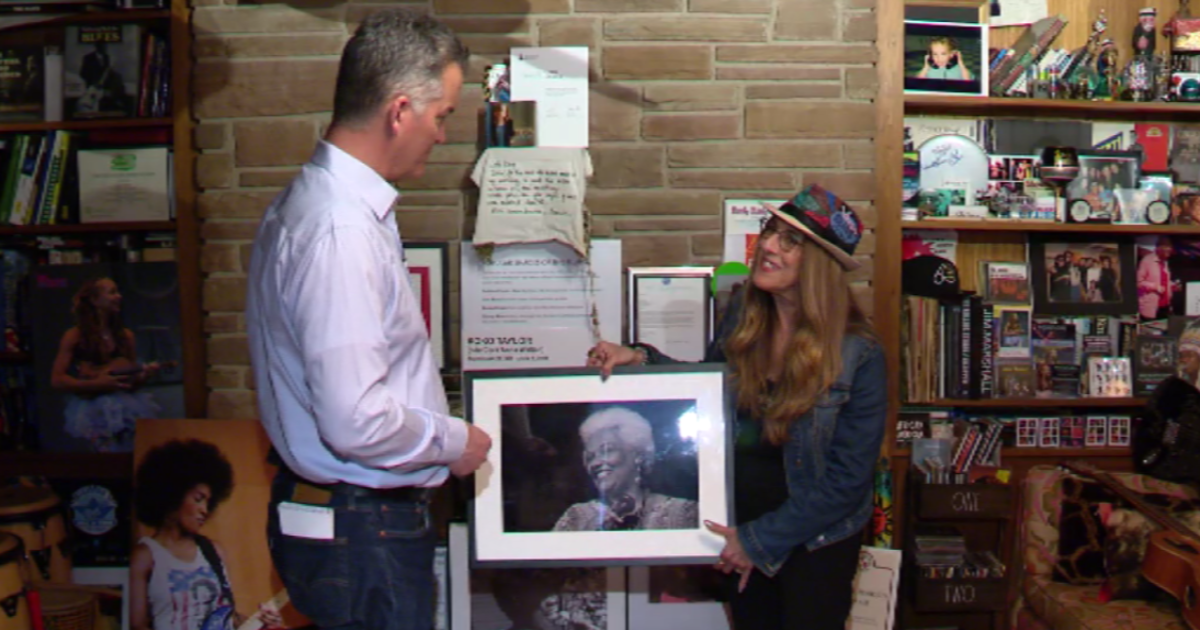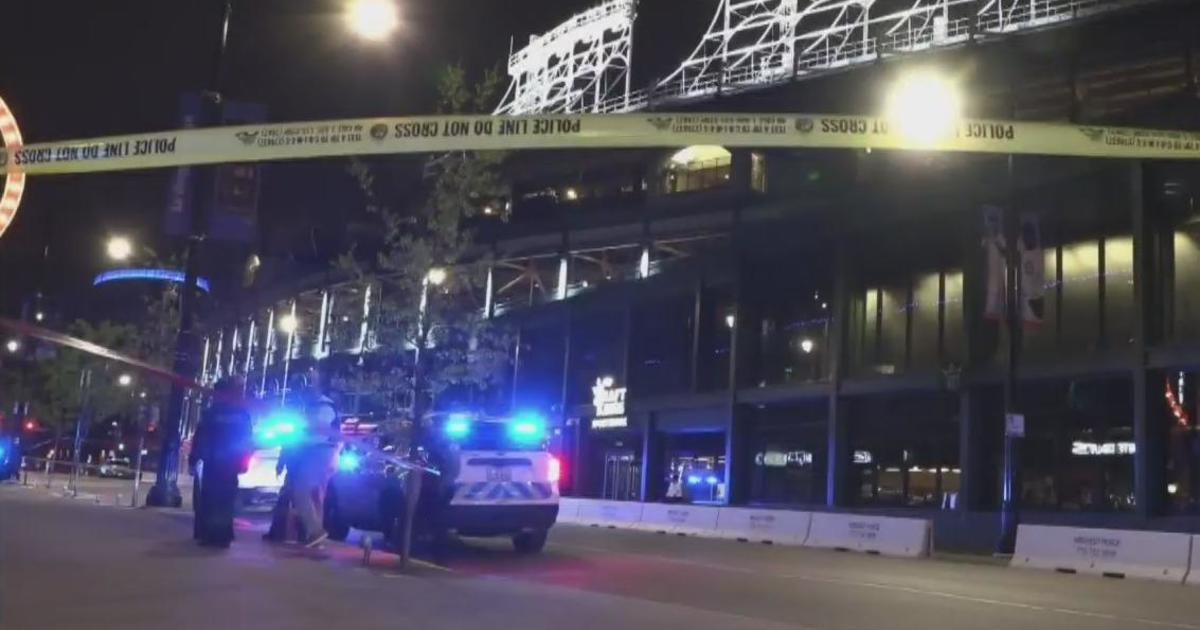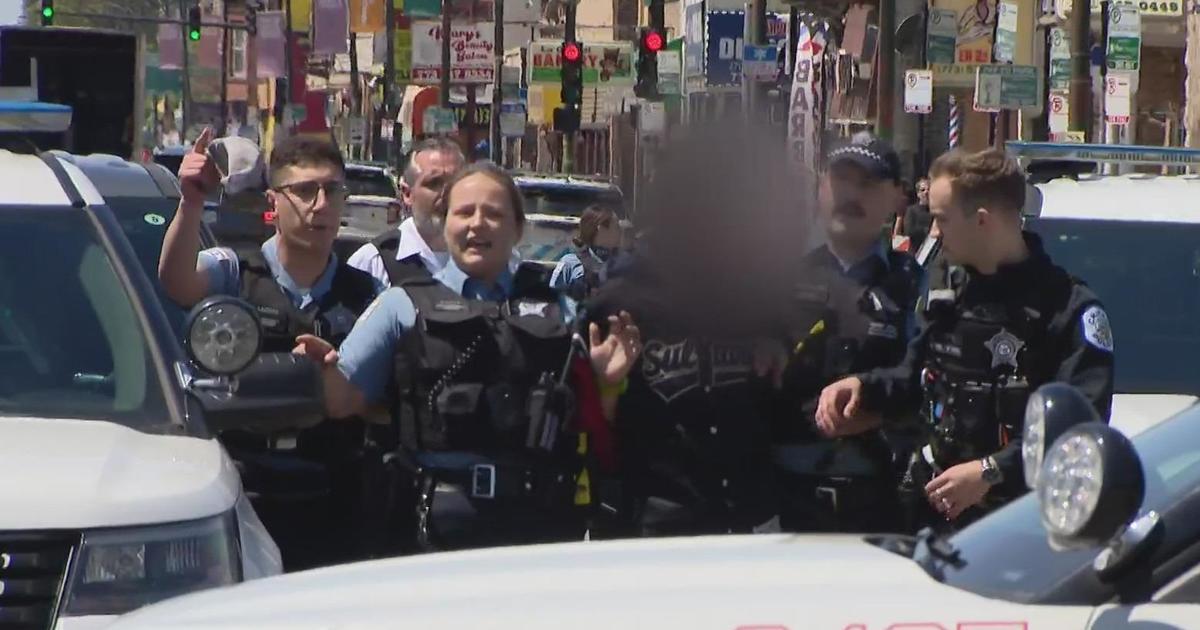Chicago television and radio stations join forces with UNICEF to help Ukrainian refugees
CHICAGO (CBS) -- As the humanitarian crisis continues in Ukraine, millions of families are in desperate need of help. That's why the Illinois Broadcasters Association – and CBS - are coming together to support UNICEF's efforts to help Ukrainian refugees.
"The need is massive, and it's ever-evolving, because the conflict is changing all the time," said UNICEF spokesman Toby Fricker. "The reality is that no one wants to leave home. So people stay as long as they can, because they want to be safe at home. They want to be at home, and near relatives, near friends. But when the situation gets too dangerous, particularly for their children, then people have to move, and that's when we also have to respond."
Beginning Monday, TV and radio stations in Chicago and throughout Illinois are encouraging people to help Ukrainian refugees by donating to UNICEF USA at www.unicefusa.org/illinois.
Contributions can also be made by accessing a QR code that will be displayed during public service announcements and various news stories.
The Illinois Broadcasters Association and the Ukrainian Institute of Modern Art also will host a live fundraiser on April 13, from 5 a.m. to 11 pm., featuring Ukrainian civic and cultural leaders who will offer their perspective on the crisis in Ukraine and the country's future.
UNICEF is also working urgently with national governments and other authorities across the region to put further measures in place to keep children safe, including strengthening child protection screening at border crossings.
"First of all, children in Ukraine need peace. They need a ceasefire. They need the war to stop," Fricker said.
Meantime, UNICEF is helping provide medical equipment to hospitals, as well as psycho-social and emotional support for children who have suffered the ravages of war in their homeland.
"I was at a hospital the other day in Lviv, in the basement, where they set up an intensive care unit for premature babies, and we were able to supply medical equipment, critical midwifery equipment, obstetrics, and supplies to that hospital," Fricker said.
In Kharkiv, a town that has been heavily bombed in northern Ukraine, UNICEF also has been able to provide supplies to 29 subway stations that are being used as underground shelters, "so that children could play a little bit underground, could get some emotional support as well down there, despite living through this dark, damp place," Fricker added.
UNICEF also is providing water and emergency supplies to some areas in Ukraine, and working with the Ukraine Ministry of Education to provide online learning.
According to UNICEF, 2 million children have been forced to flee Ukraine since the Russian invasion, and another 2.5 million children still in Ukraine have been forced out of their homes.
"This is a child protection crisis," Fricker said. "It's a massive, massive crisis of trauma. Children who have lived through the horrors of having to shelter underground. Mothers who have sort of been trying to shield their children from the conflict somehow."
Find out more about UNICEF's work in Ukraine at https://www.unicefusa.org/HelpUkraine.



